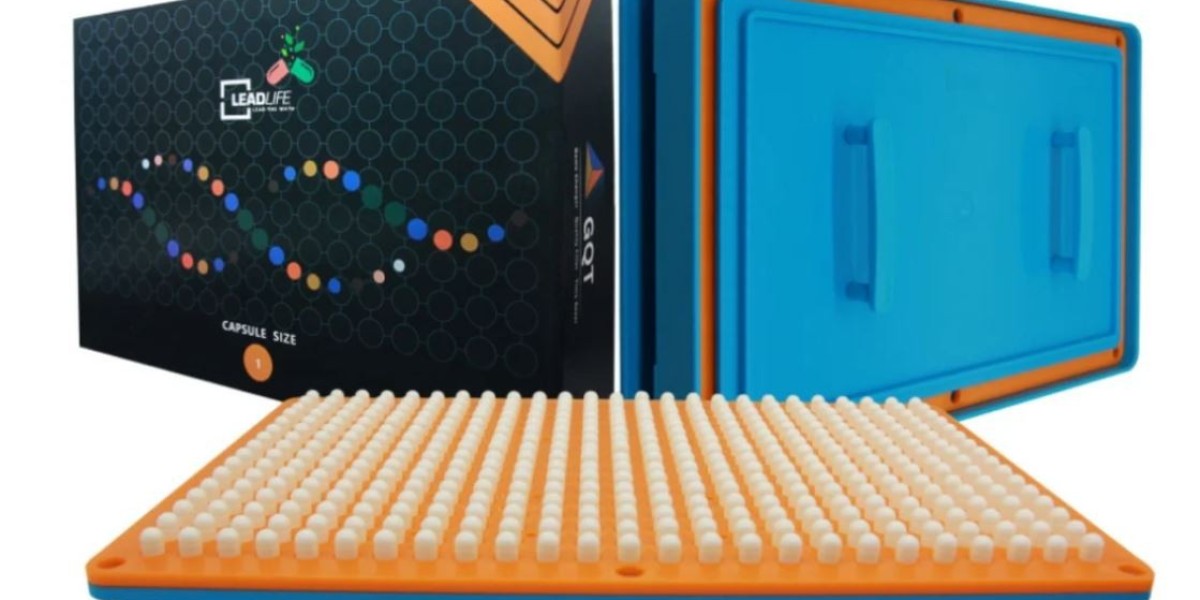Capsule filling machines offer several advantages that make them highly valued in pharmaceutical, nutraceutical, and food industries. Here are some key benefits:
1. Precision and Consistency
- Accurate Dosing: Capsule filling machines provide precise dosing of powders, granules, or other substances, ensuring each capsule contains the exact amount of the active ingredient.
- Consistency: Automated systems reduce variability between capsules, leading to more consistent product quality.
2. Efficiency and Speed
- High Throughput: Automatic and semi-automatic machines can process large volumes of capsules quickly, improving production efficiency.
- Reduced Labor: Automation minimizes the need for manual labor, reducing overall production time and labor costs.
3. Flexibility
- Variety of Fill Materials: Capsule filling machines can handle a range of fill materials, including powders, granules, pellets, and liquids (with specialized equipment).
- Adjustable Settings: Many machines allow for adjustments to accommodate different capsule sizes and formulations.
4. Reduced Contamination Risk
- Hygiene: Automated systems minimize human contact with the product, reducing the risk of contamination and ensuring a cleaner production environment.
- Controlled Environment: Machines can be integrated into cleanroom environments, enhancing product safety.
5. Improved Product Quality
- Uniformity: Consistent filling helps maintain the quality and efficacy of the product by ensuring uniform distribution of active ingredients.
- Enhanced Stability: Capsules can help protect sensitive ingredients from environmental factors like light, moisture, and air, which can improve product stability.
6. Cost-Effectiveness
- Reduced Waste: Accurate dosing and minimal manual handling reduce material waste and improve cost-efficiency.
- Scalability: Automated machines, while initially more expensive, offer long-term savings through increased productivity and reduced labor costs.
7. Regulatory Compliance
- Documentation: Many modern machines are equipped with features for tracking and documenting production processes, aiding in compliance with regulatory standards.
- Quality Control: Automated machines often include systems for quality control, such as weight checks and fill-level inspections.
8. Ease of Use
- User-Friendly: Many machines are designed to be user-friendly with intuitive controls and interfaces, making them accessible even for operators with minimal training.
- Maintenance: Automated machines often include features for easy maintenance and cleaning, reducing downtime and ensuring consistent performance.
9. Versatility
- Capsule Types: Machines can handle various capsule types, including hard gel capsules, soft gel capsules, and vegetarian capsules.
- Production Scales: From small-scale manual machines to large-scale automatic systems, there is a range of options to suit different production needs.
10. Enhanced Product Formulation
- Combination Formulations: Capsules can be filled with combinations of ingredients, including multiple powders or granules, allowing for more complex formulations.
- Controlled Release: Some machines are capable of filling capsules with materials designed for controlled or delayed release, enhancing therapeutic effectiveness.
In summary, capsule filling machines enhance productivity, accuracy, and quality while reducing labor costs and contamination risks. They provide flexibility and efficiency, making them indispensable tools in modern manufacturing processes.



